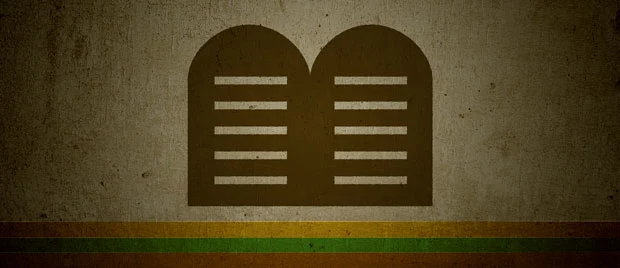The Threefold Use of the Law

Every Christian wrestles with the question, how does the Old Testament law relate to my life? Is the Old Testament law irrelevant to Christians or is there some sense in which we are still bound by portions of it? As the heresy of antinomianism becomes ever more pervasive in our culture, the need to answer these questions grows increasingly urgent.
The Reformation was founded on grace and not upon law. Yet the law of God was not repudiated by the Reformers. John Calvin, for example, wrote what has become known as the “Threefold Use of the Law” in order to show the importance of the law for the Christian life (Institutes 2.1.304-10).
The first purpose of the law is to be a mirror. On the one hand, the law of God reflects and mirrors the perfect righteousness of God. The law tells us much about who God is. Perhaps more important, the law illumines human sinfulness. Augustine wrote, “The law orders, that we, after attempting to do what is ordered, and so feeling our weakness under the law, may learn to implore the help of grace” (Institutes 2.7.9). The law highlights our weakness so that we might seek the strength found in Christ. Here the law acts as a severe schoolmaster who drives us to Christ.
By studying or meditating on the law of God, we attend the school of righteousness.
A second purpose for the law is the restraint of evil. The law, in and of itself, cannot change human hearts. It can, however, serve to protect the righteous from the unjust. Calvin says this purpose is “by means of its fearful denunciations and the consequent dread of punishment, to curb those who, unless forced, have no regard for rectitude and justice” (Institutes 2.7.10). The law allows for a limited measure of justice on this earth, until the last judgment is realized.
The third purpose of the law is to reveal what is pleasing to God. As born again children of God, the law enlightens us as to what is pleasing to our Father, whom we seek to serve. The Christian delights in the law as God Himself delights in it. Jesus said, “If you love me, you will keep my commandments” (John 14:15). This is the highest function of the law, to serve as an instrument for the people of God to give Him honor and glory.
By studying or meditating on the law of God, we attend the school of righteousness. We learn what pleases God and what offends Him. The moral law that God reveals in Scripture is always binding upon us. Our redemption is from the curse of God’s law, not from our duty to obey it. We are justified, not because of our obedience to the law, but in order that we may become obedient to God’s law. To love Christ is to keep His commandments. To love God is to obey His law.


